Publications
Articles, publications, books, tools and multimedia features from the U.S. Institute of Peace provide the latest news, analysis, research findings, practitioner guides and reports, all related to the conflict zones and issues that are at the center of the Institute’s work to prevent and reduce violent conflict.
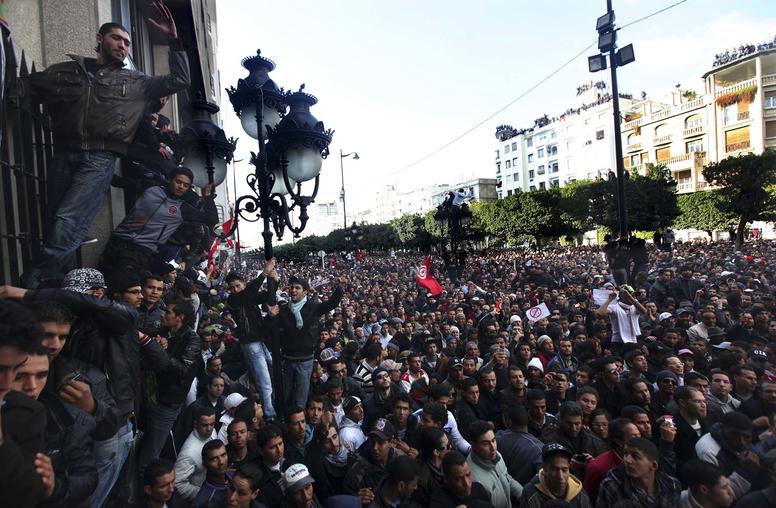
Where Does Tunisia’s Transition Stand 10 Years After Ben Ali?
The story by now is well known. Mohamed Bouazizi’s self-immolation in December 2010 sparked an unprecedented wave of protests across Tunisia and the broader region. Less than a month later, the country’s longtime dictator, Zine El Abidine Ben Ali, fled to Saudi Arabia. That was 10 years ago today. And while Tunisia is often lauded as the “lone success story” of the uprisings that swept across the region, its democratic transition remains in limbo. A decade later, Tunisians have seen hard-won improvements in political freedoms, but a lagging economy and sclerotic politics have stunted the realization of many of the protesters’ demands—and kept them in the streets.
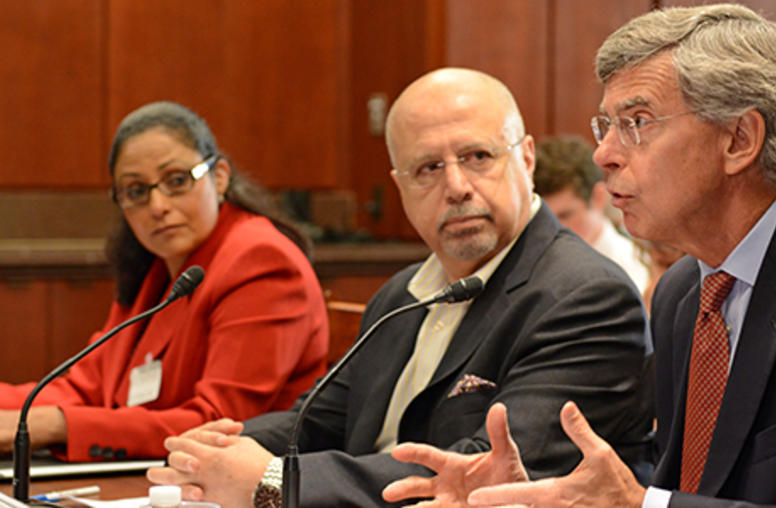
Egypt, Tunisia’s Opposite Paths Require Divergent Response, USIP’s Taylor Says
Egypt and Tunisia represent opposite ends of the spectrum in the evolution of their politics since the Arab Spring, U.S. Institute of Peace Vice President and former Ambassador Bill Taylor told a government panel this week. “Tunisia has demonstrated remarkable maturity and commitment to the ideal of political inclusiveness,” Taylor said. “Egypt has not.”
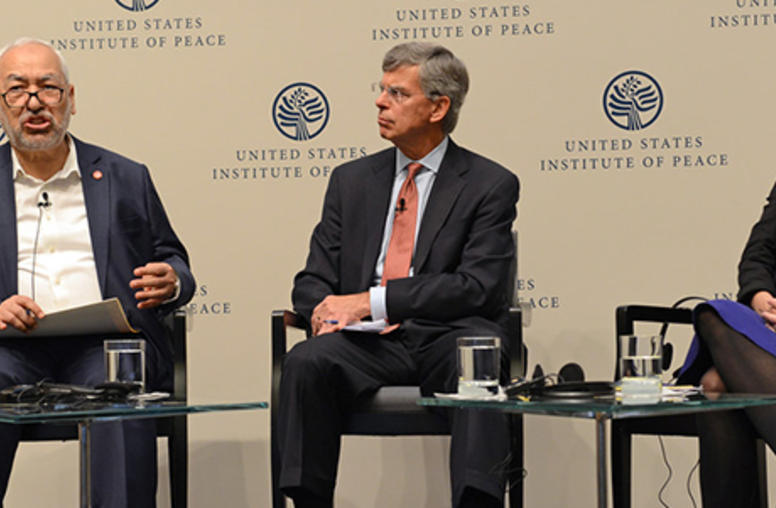
Islamist Party Leader Appeals for Aid to Bolster Tunisian Example of Moderation, Democracy
Sheikh Rachid Ghannouchi, the founder of Tunisia’s Islamist party, appealed this week for U.S. political and economic support as his country struggles to complete its historic transition. Tunisia, the lone success story out of the Arab uprisings, could serve as an example for Iraq, Syria, Egypt and others, he said.
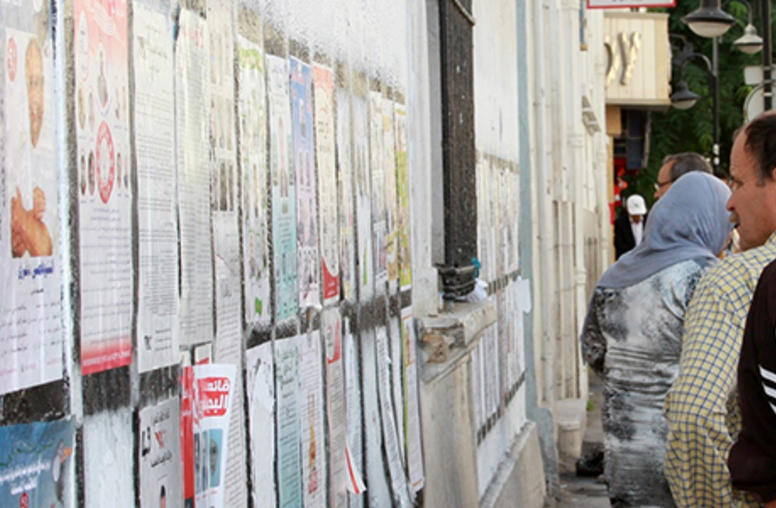
Q&A: Tunisia’s Upcoming Elections
Tunisia’s prospects for retaining its title as the only transition of the Arab Spring that hasn’t failed or collapsed into violence faces further tests this month and next, with important parliamentary elections scheduled for Oct. 26 and a presidential election on Nov. 23. USIP Acting President William B. Taylor, a former special coordinator for Middle East transitions in the State Department, considers what’s at stake.
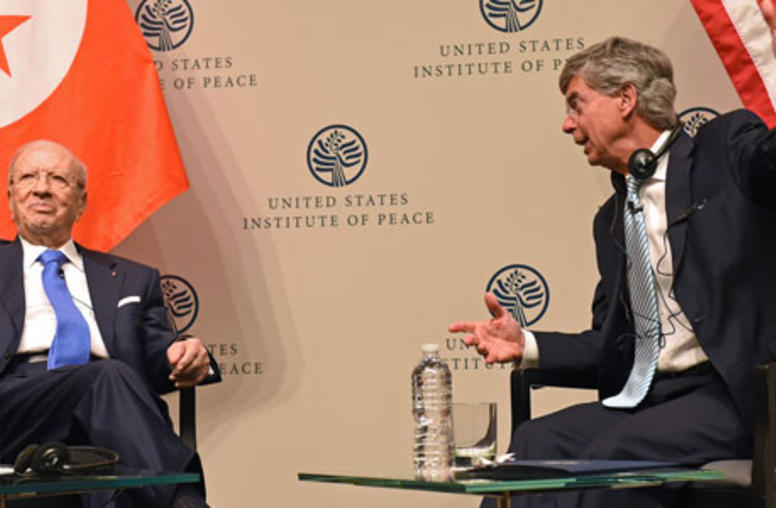
Tunisian President: U.S. Is Key to Arab Political Futures
With only Tunisia evolving peacefully toward democracy from the Arab Spring movement of 2011, a broader democratization in the Arab world depends on continued U.S. engagement in the Middle East, Tunisian President Beji Caid Essebsi told a May 20 public forum at the U.S. Institute of Peace.
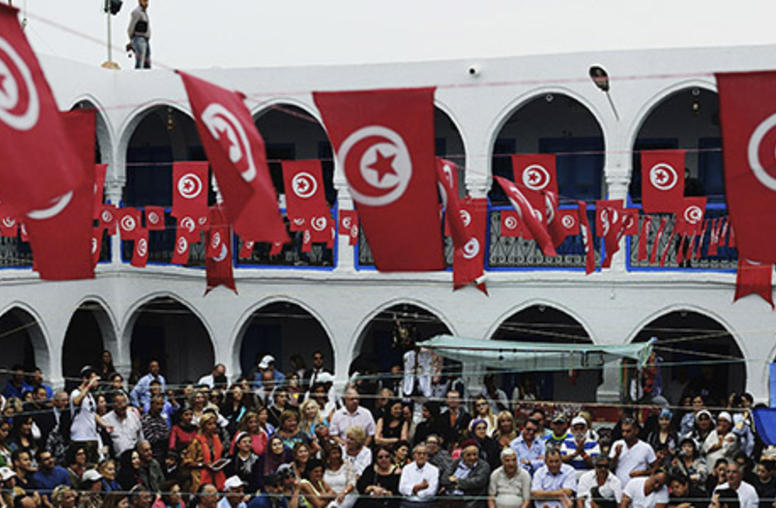
Q&A: Security and Democracy in Tunisia after Latest Attack
A Tunisian gunman recently massacred 38 people at the major resort of Sousse. It was the second mass attack this year, after the March 18 assault on the well-known Bardo Museum in the capital Tunis that killed 22 people, most of them tourists. U.S. Institute of Peace Special Advisor Daniel Brumberg explores the ramifications for Tunisia and the region, as the country shows determination to pursue a democratic transition.
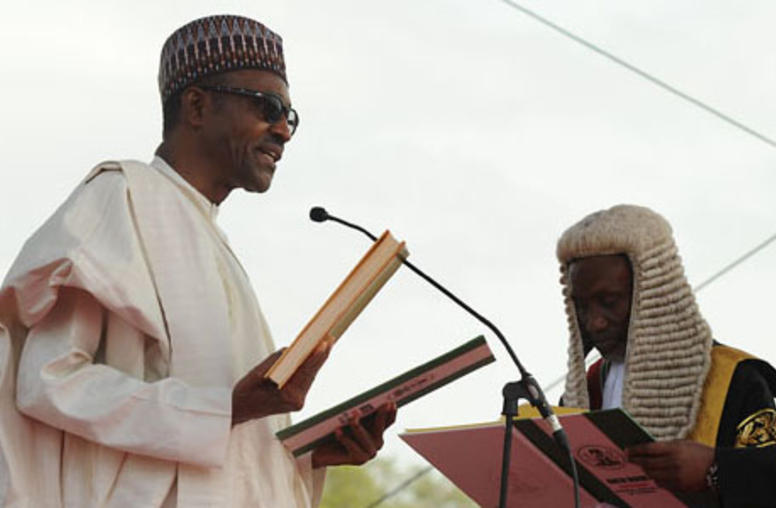
Bring Back Our Democracy
Activist movements are changing the way that the world changes — and if the United States wants to help democracy abroad, it needs to update who it throws its weight behind.
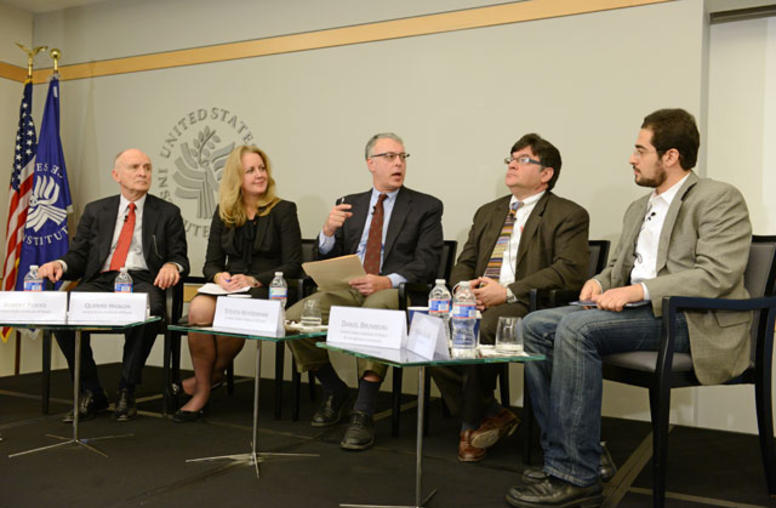
USIP Specialists Call Security Sector Reform in North Africa Difficult but Essential
On November 5, USIP convened a panel of experts to discuss the array of difficulties in restructuring military, police and intelligence agencies that persist after the initial optimism with demise of previous regimes.
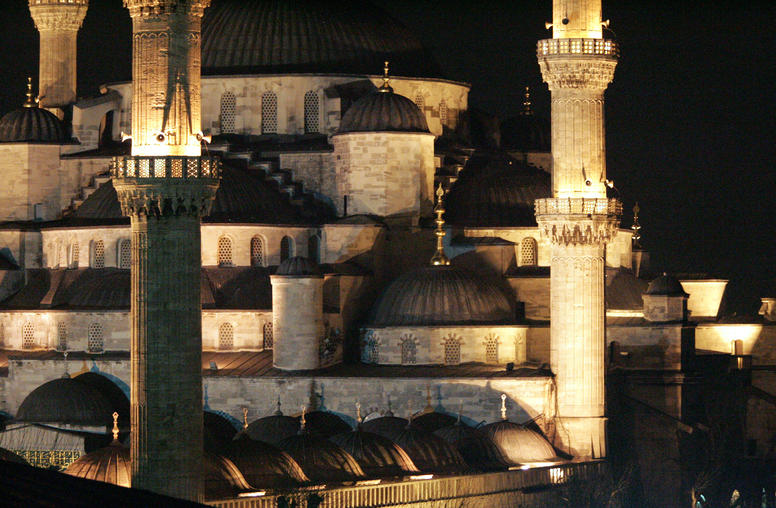
Challenges and Opportunities for Women in Transition: An Expert Dialogue with Afghan, Iraqi, Libyan and Tunisian Women
On December 7-9, 2012, USIP’s Center for Gender and Peacebuilding brought together a group of Afghan, Iraqi, Libyan and Tunisian women to build on the findings from a June 2012 Dialogue and to identify common challenges and opportunities across the countries.
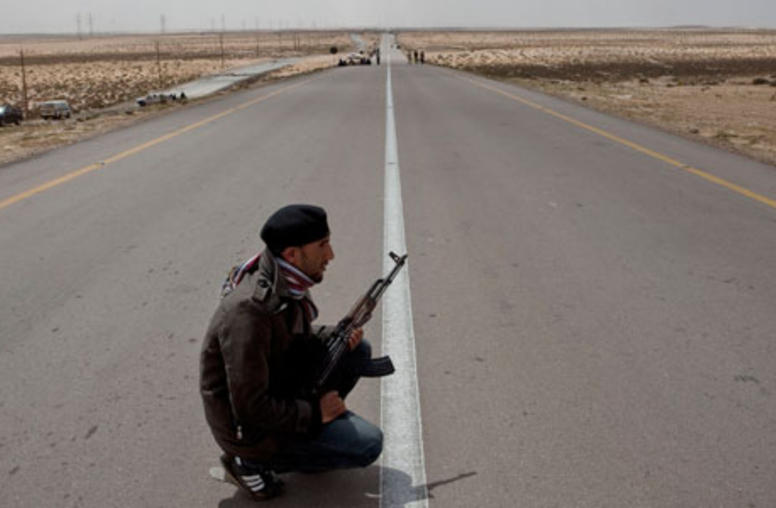
Al-Qaida on the Rise in North Africa?
USIP’s Dan Brumberg considers the potential for al-Qaida’s growth in North Africa, and the challenge this poses to U.S. relationships with the new, post-conflict governments in the region.